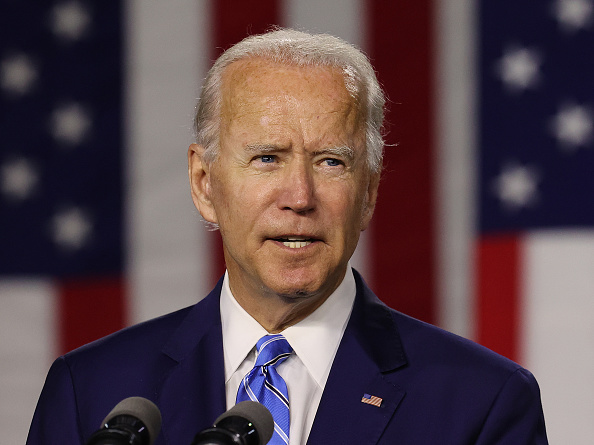In a significant development, the United States, through President Joe Biden, has issued a strong message to Israel regarding its ongoing conflict with Hamas in Gaza. In a phone conversation with Israeli Prime Minister Benjamin Netanyahu, President Biden emphasized the urgent need for Israel to take immediate measures to minimize harm to Palestinian civilians and ensure the safety of aid workers in the region.
The discussion, which marked a notable shift in the U.S. stance, stressed the importance of an immediate ceasefire and the necessity for Israel to engage promptly in negotiations to secure the release of Israeli hostages held by Hamas since the group’s attack on October 7th.
This call for action reflects the U.S. government’s response to the growing concerns over the humanitarian situation in Gaza, particularly after an attack that resulted in the loss of seven World Central Kitchen aid workers. President Biden, expressing his outrage and sorrow over the incident, has made it clear that future U.S. policy towards Gaza will be heavily influenced by Israel’s efforts to address these humanitarian concerns.
The White House’s statement indicates a potential reevaluation of U.S. support based on Israel’s compliance with these demands, highlighting the need for “specific, concrete, and measurable steps” to mitigate civilian suffering.
Secretary of State Antony Blinken, echoing President Biden’s sentiments, called upon Israel to prioritize human life and facilitate the delivery of humanitarian aid to Gaza. He emphasized the necessity for Israel to uphold its democratic values by ensuring the safety and security of civilians and aid workers, especially in light of the recent tragic incident involving World Central Kitchen staff.
Israel has responded by announcing adjustments to its military tactics in Gaza and has committed to making the findings of its inquiry into the recent attack public. This situation underscores the international community’s concern for civilian safety in conflict zones and the critical importance of humanitarian aid access during times of crisis.













